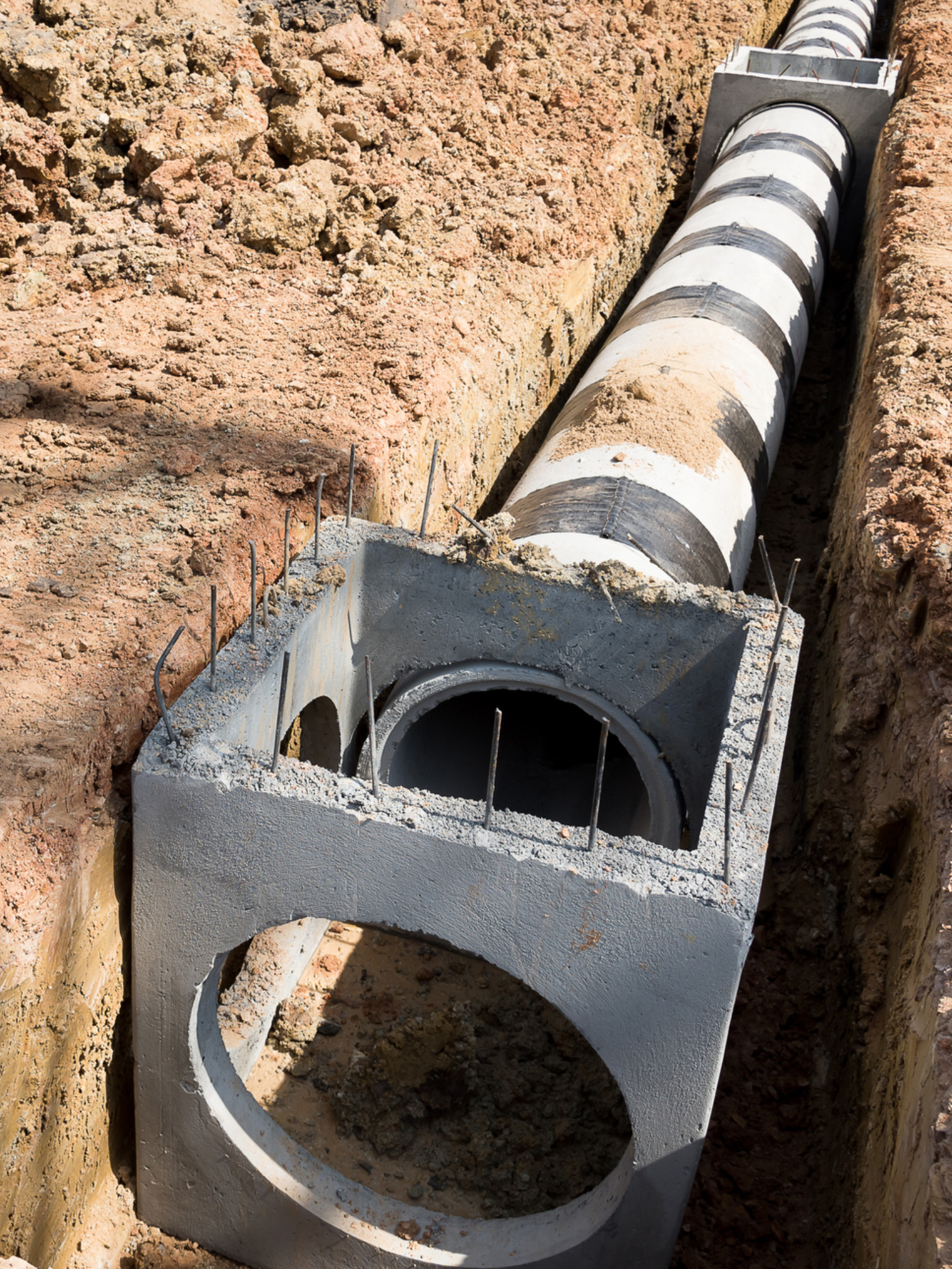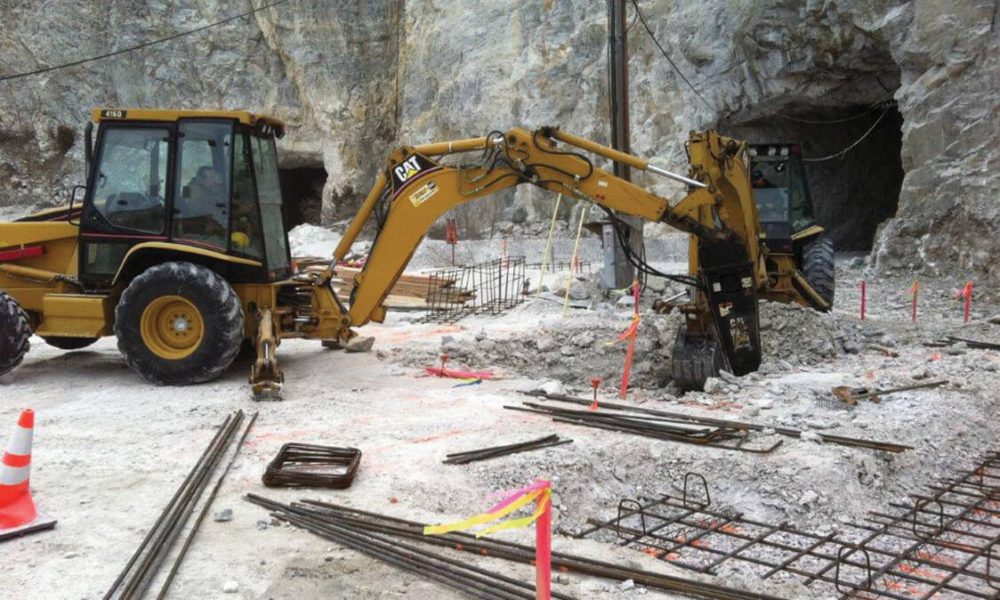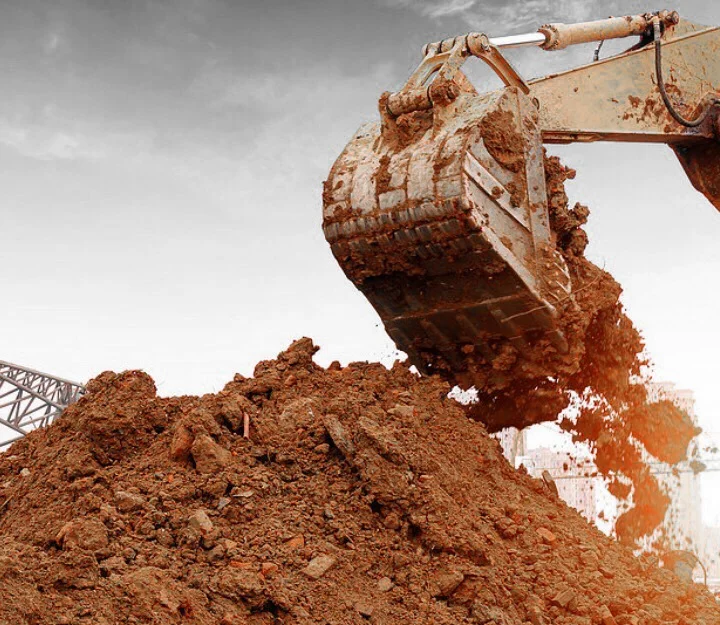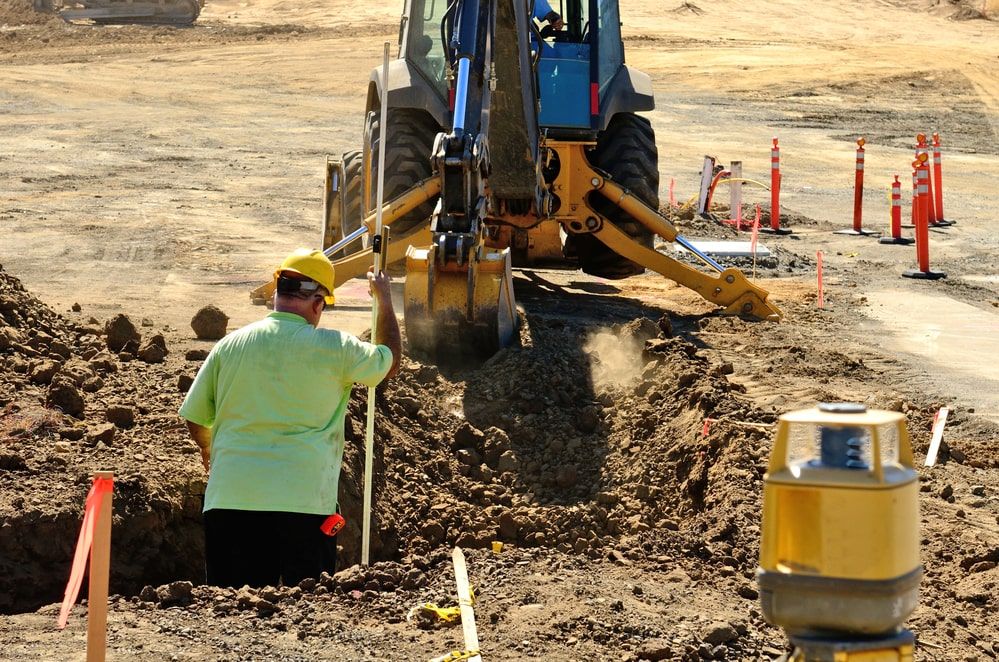Dump Truck Companies in Ohio - Dependable Dump Truck Providers Across Ohio
Dump Truck Companies in Ohio - Dependable Dump Truck Providers Across Ohio
Blog Article
Comprehensive Expedition: The Scientific Research Behind Superior Excavation Practices
The realm of excavation practices is a domain where scientific research links with craftsmanship to uncover the mysteries hidden under the earth's surface area. From ancient hand tools to modern hydraulic excavators, the development of excavation techniques has been a testimony to human resourcefulness and technical developments. What truly sets superior excavation techniques apart is a deep understanding of geological concepts, coupled with the application of sophisticated devices and methods. By exploring the scientific research behind these practices, we can uncover the keys that exist below our feet and appreciate the accuracy and know-how that enter into every dig.
Development of Excavation Strategies
Throughout history, the evolution of excavation methods has actually played an essential duty beforehand construction practices and historical explorations. From the simple tools made use of by our ancestors to the sophisticated machinery utilized in contemporary times, the development of excavation approaches has actually substantially changed just how we come close to various projects.
In ancient times, hand-operated labor with basic devices such as pickaxes, shovels, and wheelbarrows was the primary technique of excavation. This labor-intensive procedure limited the deepness and extent of excavations, typically causing slow-moving progression and limited access to certain sites. As people progressed, so did the tools and strategies utilized for excavation.
The Industrial Revolution marked a transforming factor in excavation practices with the intro of steam-powered equipment. In contemporary times, modern technology plays a pivotal function in excavation, with developments like GPS systems, drones, and 3D scanning enhancing precision and effectiveness in the area.
Duty of Modern Technology in Excavation

The combination of sophisticated innovation has actually essentially revolutionized the area of excavation, boosting precision and effectiveness to unprecedented degrees. Among the vital technical innovations that has actually considerably influenced excavation methods is the use of GPS systems. These systems enable precise mapping of excavation sites, making it possible for drivers to properly situate below ground utilities and structures. In addition, the use of telematics in excavation tools has allowed real-time tracking of equipment efficiency, causing proactive upkeep and increased functional performance.
Furthermore, the introduction of 3D modeling and simulation software has structured the preparation process for excavation projects. Designers and operators can now picture the whole excavation process prior to breaking ground, enhancing and determining possible obstacles workflow. Along with this, the implementation of drones in excavation activities has actually helped with airborne studies, volumetric measurements, and website examinations with unequaled rate and precision.
Geological Principles in Excavation
An understanding of geological principles is important for making sure the structural integrity and stability of excavation sites. Geological elements play an important role in establishing the feasibility and safety and security of excavation review projects (lancaster trenching). One vital geological concept to consider is the kind of soil or rock present at the site. Different dirt kinds, such as sand, clay, or gravel, have varying degrees of stability and call for different excavation strategies. As an example, cohesive soils like clay may require additional support to stop collapses, while sandy dirts might be prone to erosion throughout excavation.
By performing thorough geological studies and evaluation, engineers check out here and excavators can establish approaches to minimize risks and ensure the successful completion of excavation projects. Ultimately, incorporating geological principles into excavation practices is important for attaining safe, reliable, and sustainable results.

Most Current Devices for Excavation
In the realm of excavation methods, contemporary technologies in tools have changed the performance and precision of excavation processes. These drones can provide detailed airborne studies of excavation sites, supplying real-time data on topography and prospective dangers.
An additional cutting-edge device gaining appeal is the execution of 3D printing technology for producing customized excavation equipment. This permits the manufacturing of specialized tools that are tailored to the certain needs of a project, raising effectiveness and minimizing downtime.
Moreover, innovations in materials science have actually caused the advancement of more powerful and more durable excavation devices. septic ohio. Tungsten carbide-tipped excavator add-ons, for example, offer premium efficiency in challenging ground problems, boosting productivity on-site
Science's Impact on Excavation Practices

In addition, scientific research study on soil auto mechanics and geotechnical engineering has actually offered beneficial understandings right into soil actions, permitting excavation experts to make enlightened choices regarding excavation methods and dirt stablizing methods. Generally, scientific research proceeds to drive innovation and enhancement in excavation practices, making excavation projects extra effective, economical, and lasting.

Final Thought
Finally, the development of excavation techniques has been substantially influenced by advancements in innovation and a deeper understanding of geological principles. The most recent devices and tools used in excavation have improved performance and accuracy in the field. The application of clinical understanding has actually significantly improved excavation methods, bring about much more sustainable and efficient techniques for digging deep into different kinds of materials.
In the realm of excavation methods, contemporary developments in tools have actually transformed the performance and accuracy of excavation procedures. By leveraging scientific principles, the excavation industry has actually been able to substantially improve effectiveness, precision, and safety in excavation procedures. GPR enables excavation teams to non-invasively scan and map subsurface structures, utilities, and possible threats, enabling them additional resources to intend excavation jobs with higher accuracy and decreased threat of crashes.
In addition, clinical research study on dirt technicians and geotechnical engineering has actually supplied useful understandings into soil actions, enabling excavation professionals to make educated decisions regarding excavation techniques and soil stabilization strategies. On the whole, science continues to drive development and enhancement in excavation methods, making excavation jobs a lot more efficient, economical, and lasting.
Report this page